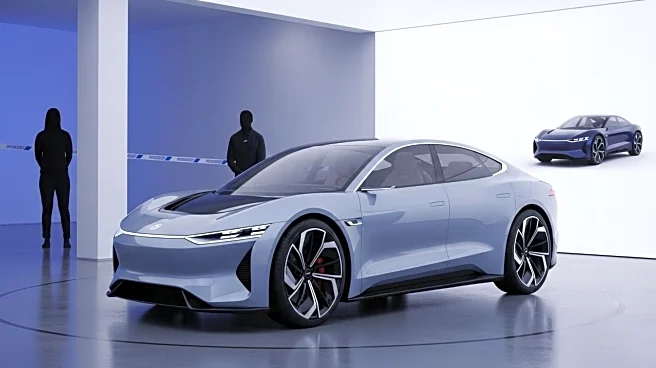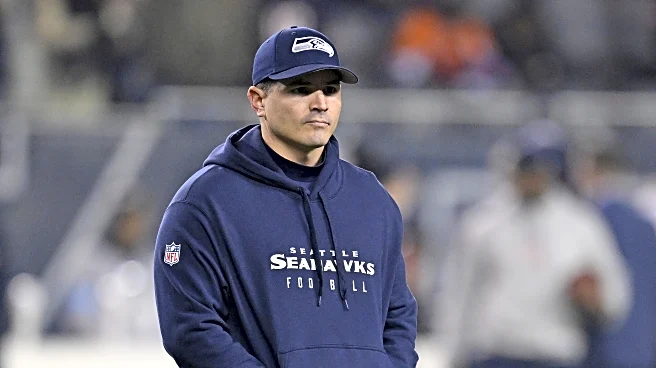What's Happening?
Acura has announced the immediate discontinuation of its ZDX electric SUV production, as revealed in an internal memo. The decision comes after discussions with co-development partner General Motors and is aimed at aligning business strategies with consumer needs. The memo cites slower-than-expected consumer adoption of EVs and recent policy changes affecting EV production and sales as key factors. Despite the ZDX's strong sales performance, significant incentives were required to move inventory, leading to unprofitable sales for Acura. The company joins other automakers like Stellantis, Honda, Nissan, and Toyota in reassessing their EV strategies.
Why It's Important?
Acura's decision to halt ZDX production reflects broader challenges in the EV market, including fluctuating consumer demand and policy uncertainties. This move highlights the difficulties automakers face in balancing innovation with profitability, especially in the luxury EV segment. The discontinuation may impact Acura's market position and influence its future strategic decisions. It also underscores the importance of adapting to changing political and market conditions, which can significantly affect production and sales strategies.
What's Next?
Acura will continue to provide service, parts, and warranty support for existing ZDX customers, ensuring consumer confidence despite the production halt. The company may explore alternative strategies to strengthen its EV offerings and align with market trends. Stakeholders, including dealers and consumers, will likely watch Acura's next moves closely, as the company navigates the evolving automotive landscape. The industry may see shifts in EV production strategies as automakers reassess their approaches to meet consumer and policy demands.
Beyond the Headlines
The discontinuation of the ZDX highlights the complexities of the EV market, where consumer adoption rates and policy changes can significantly impact business decisions. Acura's move may prompt discussions on the sustainability and profitability of luxury EVs, influencing future industry standards and practices. Additionally, the decision reflects the importance of listening to dealer feedback and adapting to market conditions, which can drive innovation and strategic alignment.











